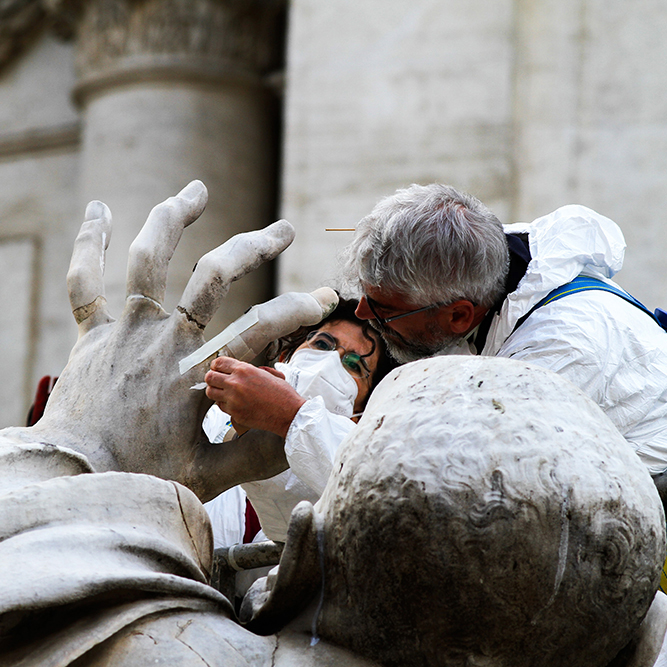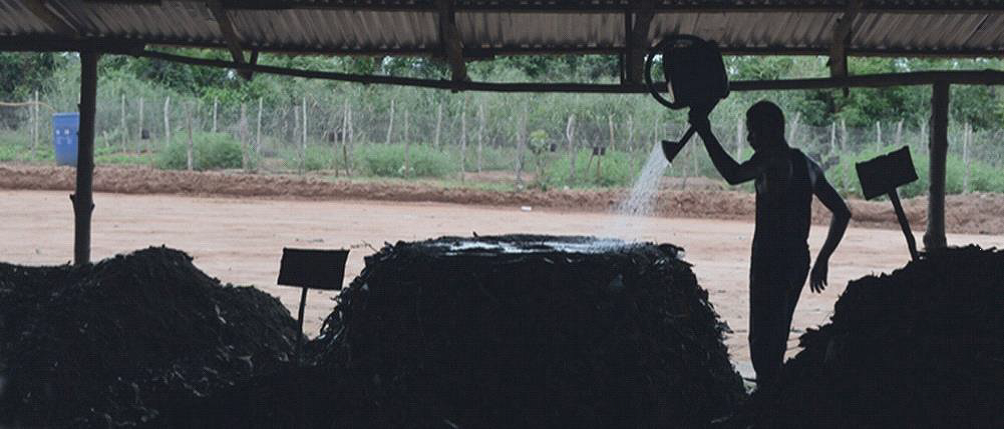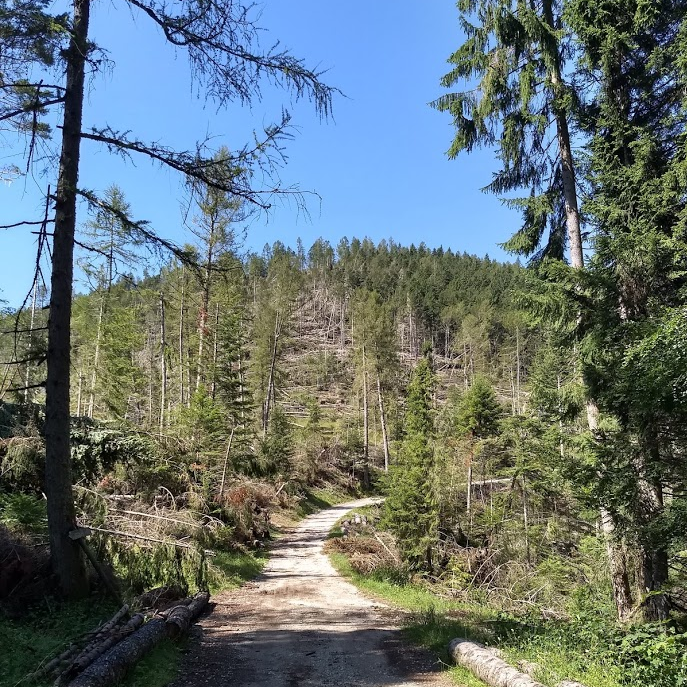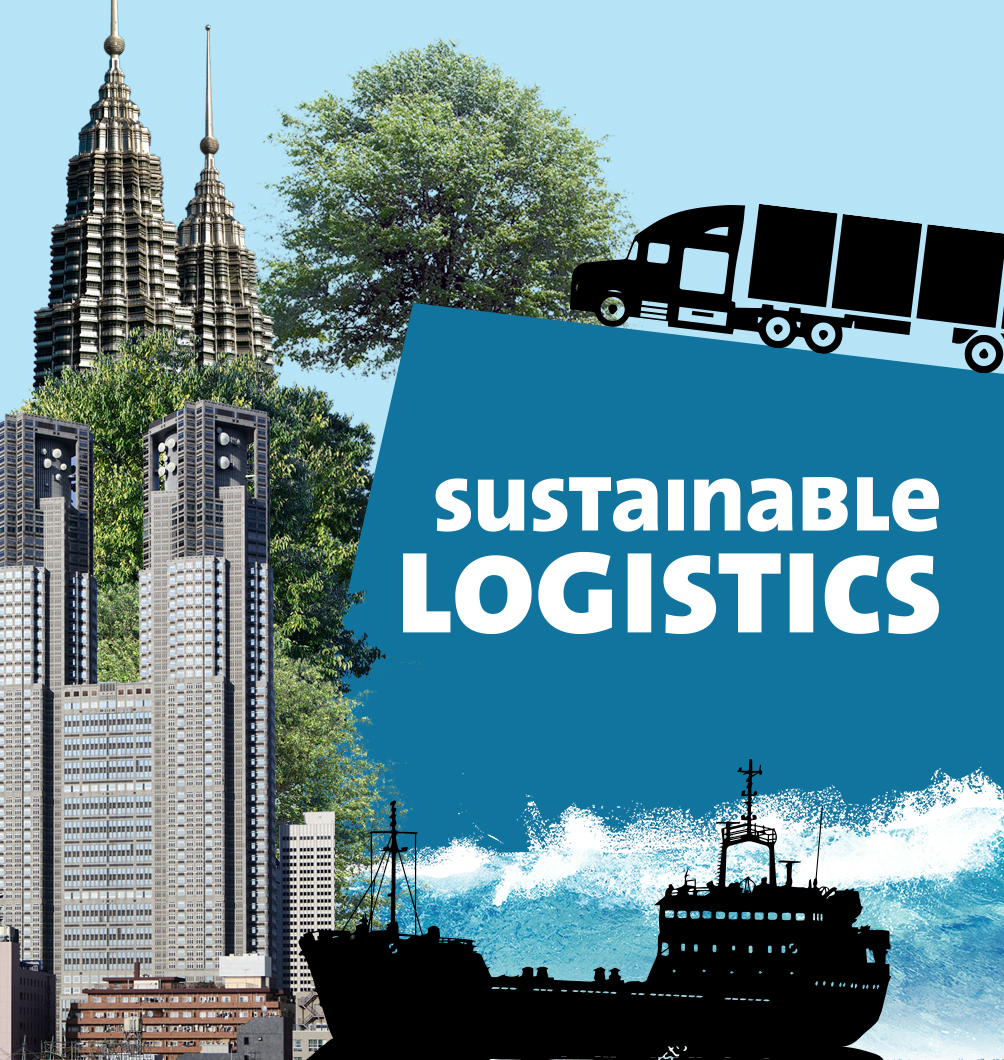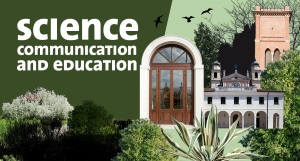Projects Archive
COALESCE is the new Horizon Europe project of which Venice International University is a partner. Over the next four years (2023-2027), the project will establish the European Competence Centre for Science Communication.

Venice International University is part of ISIS@MACH ITALIA (IM@IT), the hybrid Italian multidisciplinary Research Infrastructure (RI) for Complex Materials and Interfaces, hub of the world's leading research centre ISIS neutron and muon source (UK).
This RI encompasses a suite of distributed laboratories, and small and medium facilities with instrumentation for research in nanoscience, located at Research Centers and Universities distributed throughout the Italian territory. Venice International University, and among its members CNR, University of Tor Vergata and University Milano Bicocca are part of IM@IT.
Sustainable MAnagement of Cultural Heritage in the Balkans in Response to Climate Change. Best Practices for Adaptation and Intercultural Cooperation - is a 1-year Central European Initiative (CEI) Know-how Exchange Program. It supports the exchange of knowledge and best practices between the EU and the Balkan region, to promote the sustainable management of cultural heritage in response to climate change. It will thus contribute to encourage climate change adaptation and, broadly, sustainable development in the area, engaging the regional decision makers and key stakeholders in a dialogue to compare current approaches and develop common best practices in this concern.
The SMACH Forum is a follow up of the SMACH project, Sustainable MAnagement of Cultural Heritage in the Balkans in Response to Climate Change.
SMACH Forum further supports know-how exchange on sustainable management of cultural heritage, through the creation of a Europe-South Eastern European (EU-SEE) platform for institutions, researchers and decision makers working on this topic.
SMACH Forum video presentation
Starting from the stakeholders’ needs identified in SMACH project, the SMACH Forum is mapping the existing initiatives in South Eastern European that meet those needs in terms of research, good practices and policy. A series of activities is guiding this process, along with a survey available here.
The International Workshop on Cultural Heritage Policy and Management in South Eastern Europe and the Mediterranean is the first of thi event (University of Ljubljana, June 3-4, 2025) in collaboration with ARCHE, Alliance for Research on Cultural Heritage in Europe. Establishing relations with existing networks on sustainable cultural heritage is a key step in the Forum building process. Final goal is the promotion of a collaborative EU-SEE strategy, by uniting experts and leveraging existing EU research and policy platforms, in order to support sustainable cultural heritage management throughout the region.
The project is co-funded by the Central European Initiative (CEI) Know-how Exchange Program supported by the CEI Fund at the EBRD.
The 2-year project started on April 2024.
Partners:
Know how providers
- VIU with
University of Ljubljana
University of Rome Tor Vergata
CNR
- City of Venice
Beneficiary partners
- Ss. Cyril and Methodius University in Skopje
- University of Belgrade
- Sarajevo School of Science and Technology
- University of Montenegro
For further information please contact Alessandra Fornetti, Executive Director of the TEN Program on Sustainability at alessandra.fornetti@univiu.org
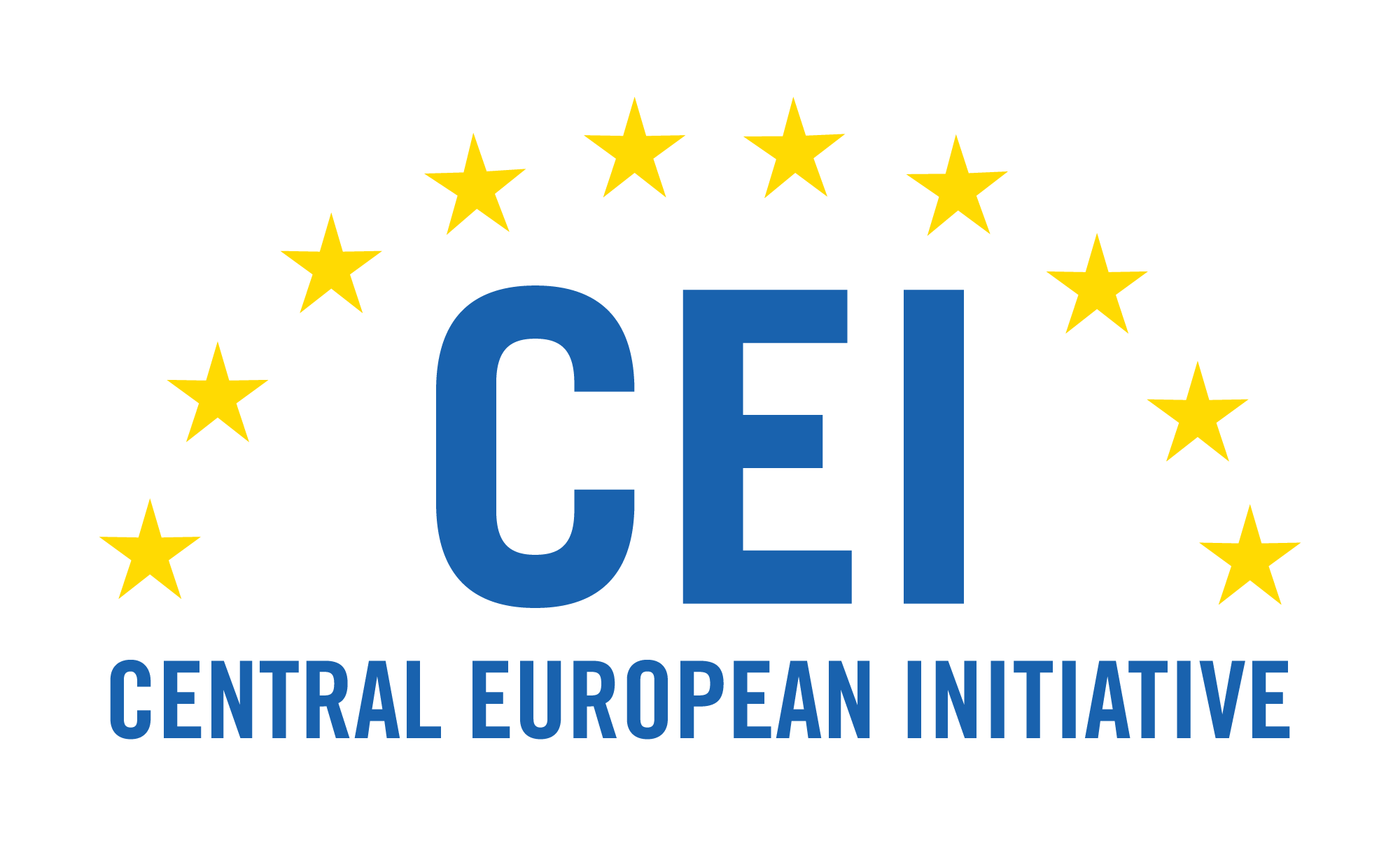
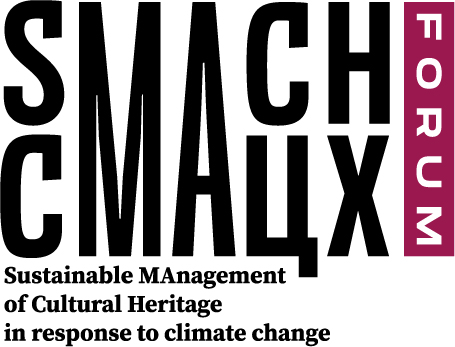
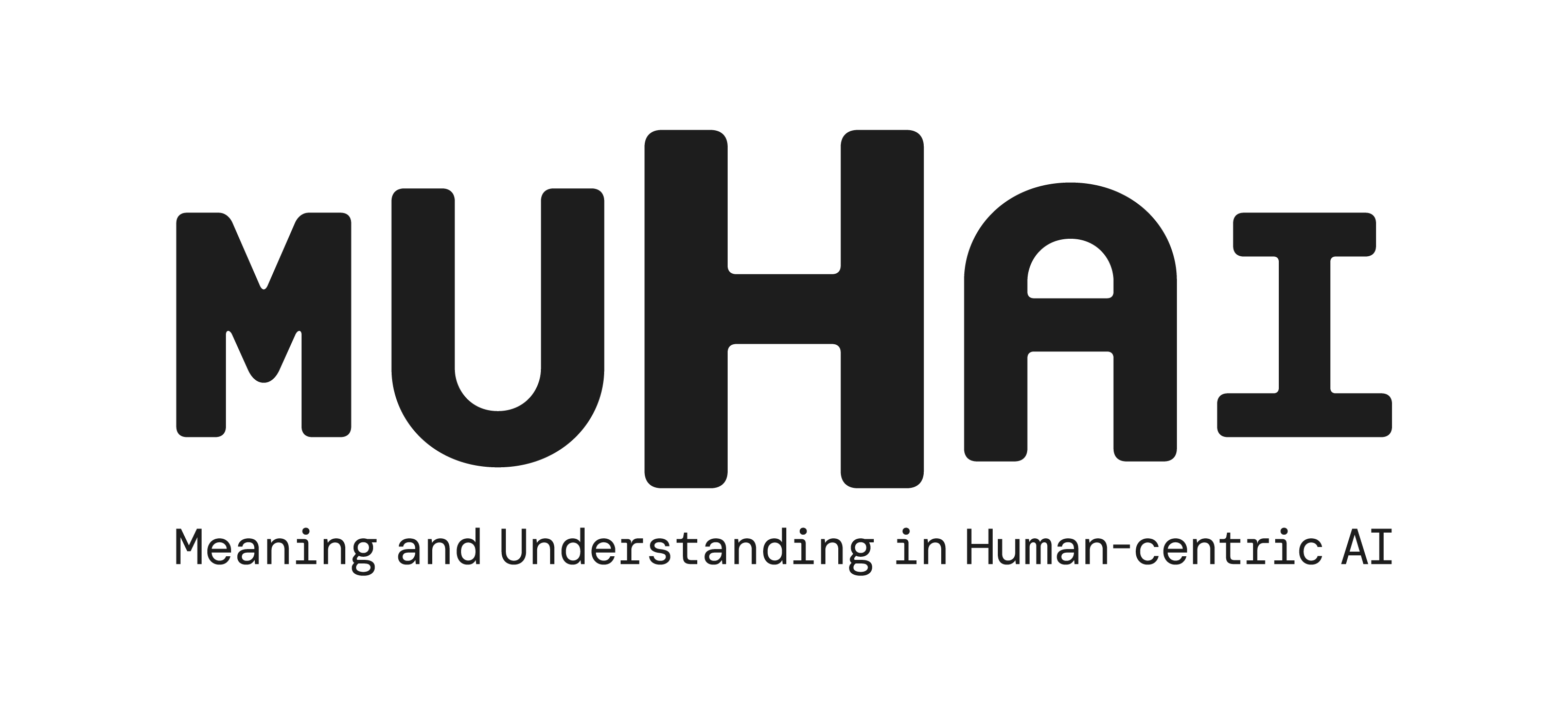
MUHAI - Meaning and Understanding in Human-centric AI is a 4-year Horizon 2020 project (2020-2024) funded by the EU FET 'Boosting emerging technologies' (FETPROACT-EIC-05-2019). VIU is partner with Professor Luc Steels as MUHAI Scientific Coordinator and as leader of the Communication, Dissemination and Ethics WP.
MUHAI works on developing Human-Centric Artificial Intelligence (AI) in a pivotal moment of AI tools diffusion. Its findings open doors regarding the meaning we human assign to reality and how to pass it to machines, to better our lives.
At the 2015 United Nations Climate Change Conference (COP21), a Memorandum of Understanding on climate change (i.e. risk evaluation, adaptation and mitigation) was signed between the Italian Ministry for Environment, Land and Sea (IMELS) and the Comorian Ministry for Agriculture, Fisheries, Environment, Land Management and Urban Planning.
Following a technical visit to the Comoros Union – a group of Islands located in the Indian Ocean, on the East-African Coast – in 2016, Contarina S.p.A. presented DECOR project, aimed at developing an Integrated Waste Management model, in a synergic effort together with the Comorian Authorities.
The unprecedented threat of climate change is posing a severe risk to human activities, due to the increasing frequency and magnitude of extreme events.
Introducing Climate Proofing in Investments and Spatial Planning (ICPISP) is a project by Enel Foundation and VIU – TEN Program, in collaboration with the Euro-Mediterranean Center on Climate Change (CMCC). It aims at applying a multi‐hazard approach for a Socio‐Economic Regional Risk Assessment (SERRA).
VIU_TeDIS is one of the partners of the project SUSPORT.
SUStainable PORTs is a strategic project funded by the Interreg Italy-Croatia Program.
Priority Axis: Maritime transport
Specific object: Improve the quality, safety and environmental sustainability of marine and coastal transport services and nodes by promoting multimodality in the Programme area.
VIU_TeDIS is one of the partners of the SPROUT project: Sustainable Policy RespOnse to Urban mobility Transition, financed by the H2020 Program.
SPROUT provides a new city-led innovative and data driven policy response to address the impacts of the emerging mobility patterns, digitally-enabled operating and business models, and transport users’ needs.
VIU_TeDIS is one of the partners of the DISCO project financed by the Horizon Europe Program.
DISCO is the acronym for: Data-driven, Integrated, Syncromodal, Collaborative and Optimized urban freight meta model for a new generation of urban logistics and planning with data sharing at European Living Lab.
DISCO develops and demonstrates a federated European urban freight data space as data sharing on digital urban logistics solutions and smart tools for decision making. It will be a continental Ten-T (Trans-European Transport Network) with replicable Use Cases, built upon drivers to code transformation of urban planning and land use by an open and collaborative Data Space with a smart governance model.
When well communicated, science and research offer a number of potential benefits to society. But how can we recognize valuable scientific dissemination? When is it effective? How can we promote and incentivize science communication?
VIU_TeDIS is one of the partners of the project “Sustainable Ports in the Adriatic-Ionian Region” (SUPAIR) cofinanced by the Adriatic-Ionian Programme INTERREG V-B Transnational 2014-2020.
Program priority: Connected Region
Program specific objective: Enhance capacity for integrated transport and mobility services and multimodality in the Adriatic-Ionian area.


